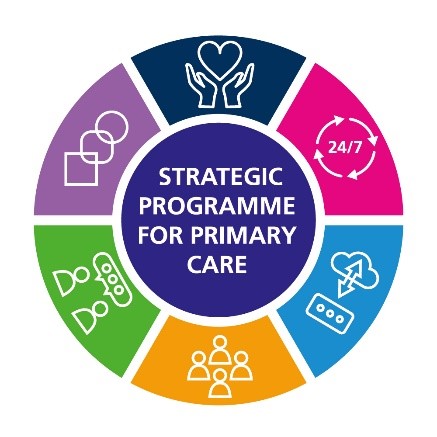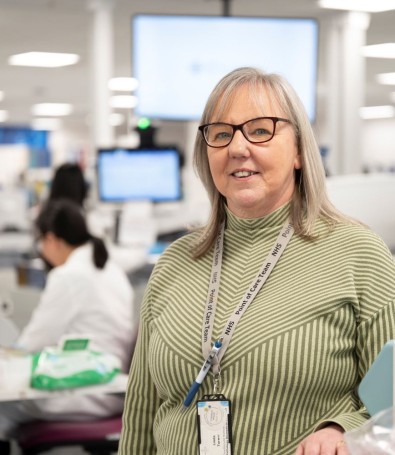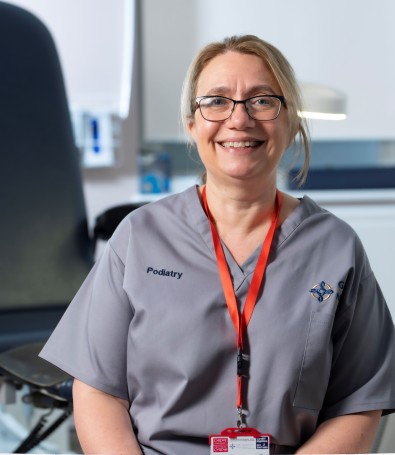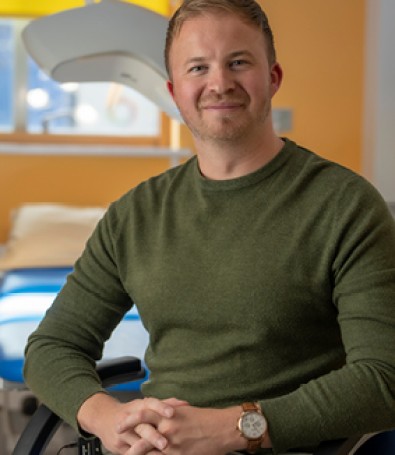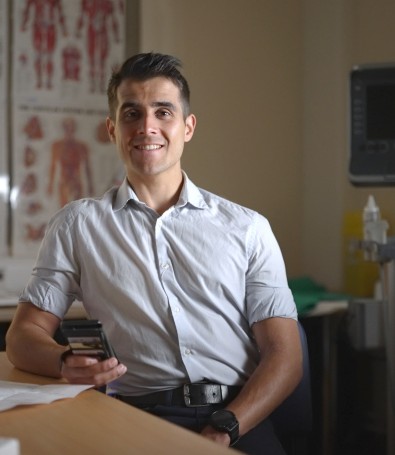
What is a Primary Care Physician Associate
Physician associates support doctors in the diagnosis and management of patients.
As a physician associate, you might work in a GP surgery or be based in a hospital, but wherever you work, you'll have direct contact with patients.
You’ll usually need a bioscience-related first degree to get onto one of the training programmes available. Undergraduate integrated Master of Physician Associate Studies programmes are now available, and these courses require A-levels or equivalent for entry.
A Physician Associate, in both Primary and Secondary Care, offers a tremendous opportunity to integrate a new member of the clinical team to offer enhanced patient care through stronger patient continuity, whilst offering an additional clinical viewpoint to approach clinical questions and enhanced support for the overall medical team.
Whilst PAs are not a replacement for Doctors, nor should the misconception be made that PAs are universally as effective as our Doctor counterparts, the PA role is still in its infancy in the UK. Due to this, only a fraction of the paths that PAs can explore have been travelled, and as we continue to see the diversification of the MDT in both Primary and Secondary Care, we will see the PA role flourish further, bringing along with it the flexibility and cost benefits that the role offers for patients, employers and colleagues, who will be enabled and supported to pursue their own career furthering pursuits.
I would strongly encourage anyone who is looking towards the well-balanced, well-remunerated and growingly accepted role of the Physician Associate to consider it as a rewarding, exciting and soon to be GMC regulated career option, promising that very few other careers can offer the same flexibility, variety and future opportunity to grow
 Cymraeg
Cymraeg English
English 